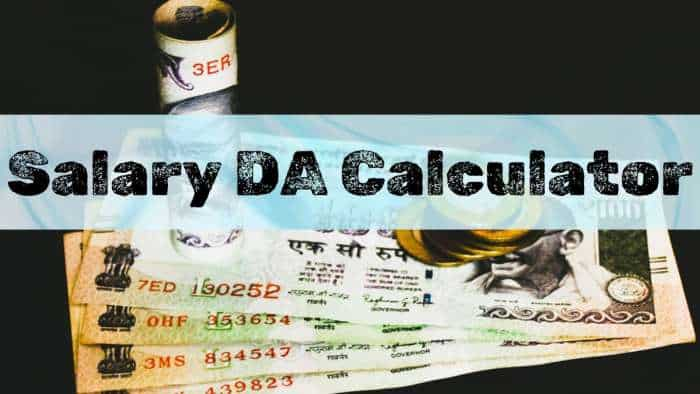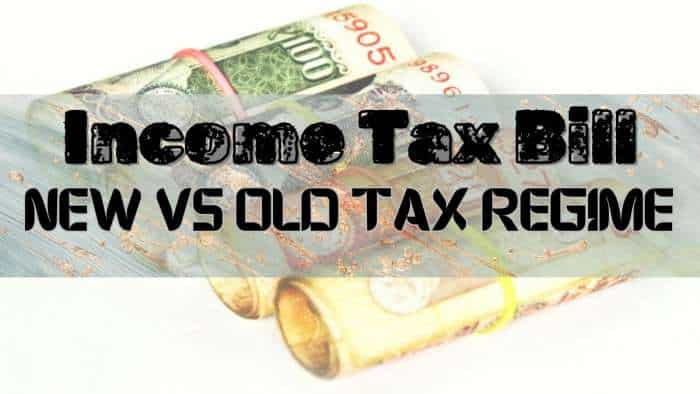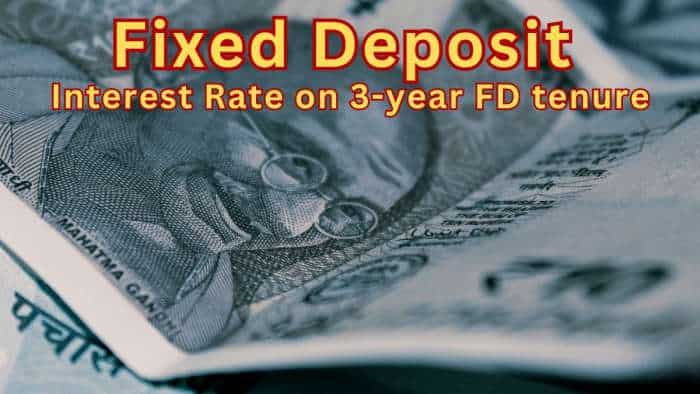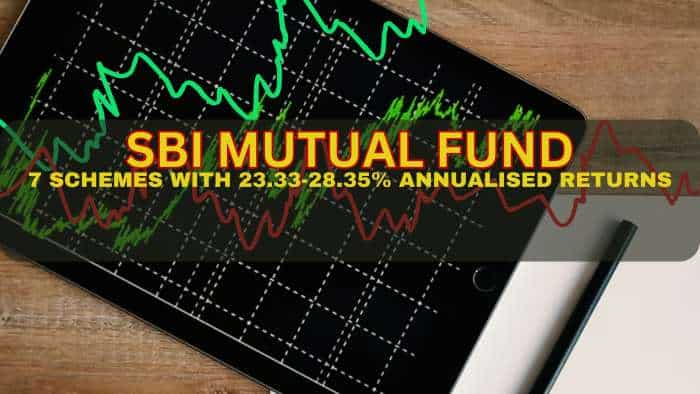Budget 2022: From Bahi-khata to halwa ceremony – find out interesting facts about Indian Budget
According to Article 112 of the Indian Constitution, it is a statement of the estimated receipts and expenditure of the Government of India for that year.

The Indian Budget is one of the important economic events in the country. The Budget 2022 is likely to be presented on February 1, 2022, as same as the last two years. Budget 2022 would be the fourth such financial bill, presented by Finance Minister Nirmala Sitharaman.
Sitharaman, since the second term of the Modi government, has been at the helm of the finance ministry and has so far presented three Budgets in the year 2019, 2020, and 2021. The first Budget in the covid era in 2021, the finance minister had presented through a tab for the very first time.
Similarly, in 2020, she had termed the finance bill as bahi-khata book, laced in the red cloth breaking the tradition of bringing budget documents in brief-case, also for the first time. Amid covid concerns, the Budget 2021 was mainly focused on the health care sector as well as the infrastructure demand.
According to Article 112 of the Indian Constitution, it is a statement of the estimated receipts and expenditure of the Government of India for that year.
Budget 2022: The interesting facts you need to know
According to the Budget, the financial year runs from April 1 to March 31.
The Budget, which is also termed a financial bill, is presented by Finance Minister each year. During Congress’ regime along with General Budget, a Railway Budget used to be separately tabled in the Parliament.
During the first term of the Modi Government, the Budget used to present on the last working day of February, however, it was eventually changed to the first day of February. The norm was changed by the then Finance Minister Arun Jaitley.
The budget speech of the finance minister begins around 11:00 am. Budget 2021, the finance minister addressed the house through her budget speech for 141 minutes. Earlier it used to be presented at 5:00 pm, in accordance with British time.
The budget is divided into two parts: Revenue Budget, which talks about revenue receipts and revenue expenditure. And, Capital Budget, which talks about capital expenditure and capital receipts, as per the definition of Budget under the constitution.
In this, the revenue budget mainly includes the transactions that are of recurring nature, like the tax receipts, and among others, while the capital budget consists of transactions that do not take place regularly, like a loan from the Reserve Bank of India to the government.
Usually, the presented budget is a deficit budget in India. This simply means that central government expenditure is greater than the receipts, and the deficit is met through various means like borrowing and selling bonds.
A day ahead of Budget, an Economic Survey for the year gone by, and also the future outlook is laid out, the document plays an important role in providing a framework for the budget.
Apart from Finance Minister Sitharaman, the list of people responsible for Budget 2021 includes names like TV Somanathan (Finance Secretary), Tarun Bajaj (Revenue Secretary) and Ajay Seth (Economic Affairs Secretary).
All the departments of the Finance Ministry, contribute largely to the budget preparation which starts a couple of months before its presentation. On the completion of drafting the Budget, a Halwa Ceremony is organized and the printing of the Budget paper begins.
Get Latest Business News, Stock Market Updates and Videos; Check your tax outgo through Income Tax Calculator and save money through our Personal Finance coverage. Check Business Breaking News Live on Zee Business Twitter and Facebook. Subscribe on YouTube.
RECOMMENDED STORIES

Dearness Allowance (DA) Calculations: Is your basic monthly salary Rs 25,500, Rs 35,400, or Rs 53,100? Know how much DA will you get at different rates

Power of Compounding: How long it will take to build Rs 8 crore corpus with Rs 7,000, Rs 11,000 and Rs 16,000 monthly investments

Income Tax Calculations: What will be your tax liability if your salary is Rs 8 lakh, Rs 14 lakh, Rs 20 lakh, and Rs 26 lakh?

Monthly Pension Calculations: Is your basic pension Rs 25,000, Rs 35,000, or Rs 50,000? Know what can be your total pension as per latest DR rates

Fixed Deposit Rates for 1 Lakh Investment: Compare SBI, PNB, HDFC, ICICI, and Post Office 3-year FD returns
11:26 PM IST










 Haryana Budget 2022: Khattar Govt presents Rs 1.77-lakh-cr Budget; announces Sushma Swaraj Award, scheme for women
Haryana Budget 2022: Khattar Govt presents Rs 1.77-lakh-cr Budget; announces Sushma Swaraj Award, scheme for women Himachal Pradesh Budget 2022 brings good news for pensioners - Check amount, age, income limit details here
Himachal Pradesh Budget 2022 brings good news for pensioners - Check amount, age, income limit details here  PM Narendra Modi calls upon private firms to enter medical sector in big way
PM Narendra Modi calls upon private firms to enter medical sector in big way There is a buzz, interest in market for LIC IPO; we will be going ahead with it: FM Nirmala Sitharaman
There is a buzz, interest in market for LIC IPO; we will be going ahead with it: FM Nirmala Sitharaman RBI on Indian Economy: Budget 2022 proposals, recent monetary policy set tone for revival
RBI on Indian Economy: Budget 2022 proposals, recent monetary policy set tone for revival